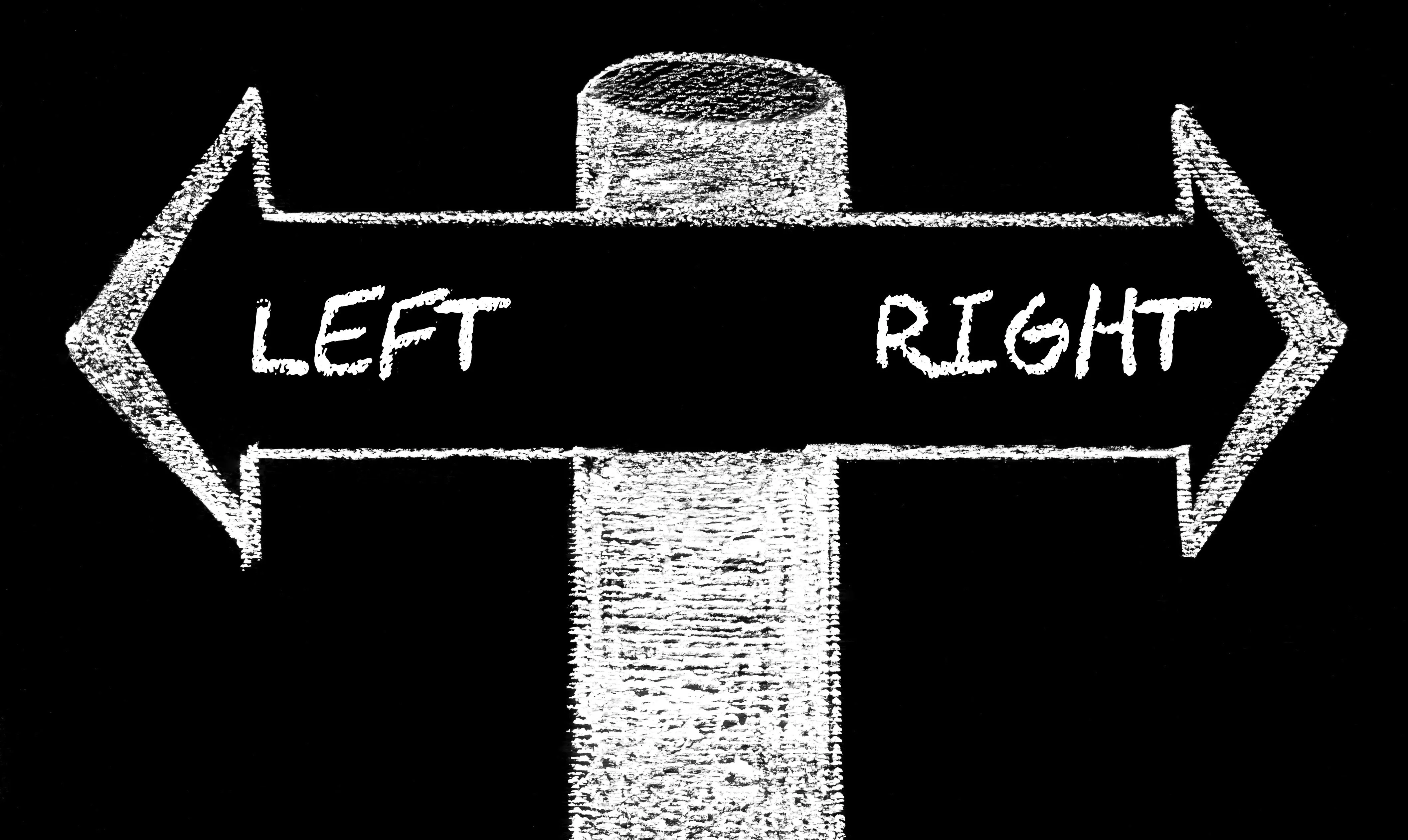Left in spanish language – La izquierda en España, con su rica historia y vibrante discurso político, ha dejado una huella indeleble en la sociedad española. Desde sus raíces etimológicas hasta su influencia en la política y la cultura, este artículo explora las facetas multidimensionales de la izquierda en el contexto español.
La izquierda política en España ha evolucionado a lo largo de los siglos, dando forma a las ideologías y partidos que han definido el panorama político del país. El lenguaje de la izquierda, con su vocabulario y retórica distintivos, ha influido en el discurso político y la conciencia social.
Izquierda

Izquierda is a Spanish word that means “left.” It is the opposite of derecha, which means “right.”
The word izquierda comes from the Latin word sinistra, which means “left.” Sinistra is derived from the Proto-Indo-European root -sker-, which also means “left.”
Etymology
The word izquierda is derived from the Latin word sinistra, which means “left.” Sinistra is derived from the Proto-Indo-European root -sker-, which also means “left.”
The word izquierda has been used in Spanish since the 13th century.
La Izquierda Política
The political left in Spain encompasses a range of ideologies and political parties that generally advocate for social equality, economic justice, and a strong role for the government in society.Historically, the left in Spain has been associated with the labor movement and the fight for workers’ rights.
In the early 20th century, the Spanish Socialist Workers’ Party (PSOE) emerged as a major force on the left, and it has played a significant role in Spanish politics ever since. Other left-wing parties in Spain include Podemos, Izquierda Unida, and the Communist Party of Spain (PCE).
Key Ideologies
The left in Spain is characterized by a commitment to the following ideologies:
- Social equality: The left believes that all citizens should have equal opportunities and access to resources, regardless of their social class, race, gender, or other factors.
- Economic justice: The left advocates for policies that promote economic equality and reduce poverty. This includes measures such as progressive taxation, increased social spending, and support for labor unions.
- Strong role for government: The left believes that the government has a responsibility to play a significant role in society. This includes providing essential services, regulating the economy, and protecting the environment.
Historical Evolution
The left in Spain has evolved over time, reflecting the changing social and economic conditions in the country. In the early 20th century, the left was primarily focused on issues of labor rights and economic justice. However, in the post-Franco era, the left has broadened its agenda to include issues such as environmental protection, gender equality, and LGBTQ rights.
Key Parties
The following are some of the key political parties associated with the left in Spain:
- Spanish Socialist Workers’ Party (PSOE): The PSOE is the largest left-wing party in Spain. It is a social democratic party that advocates for a strong role for the government in society and a commitment to social justice.
- Podemos: Podemos is a left-wing populist party that emerged in 2014. It advocates for a more participatory democracy and a more equitable economy.
- Izquierda Unida: Izquierda Unida is a coalition of left-wing parties that includes the Communist Party of Spain (PCE). It advocates for a more socialist economy and a stronger welfare state.
El Lenguaje de la Izquierda
The language of the Spanish left is characterized by its distinctive vocabulary and rhetoric. This language has been shaped by the left’s political ideology, which emphasizes social justice, equality, and solidarity.
One of the most common phrases used by the Spanish left is “la lucha de clases” (the class struggle). This phrase refers to the belief that society is divided into two main classes: the bourgeoisie (the wealthy and powerful) and the proletariat (the working class).
The left believes that the class struggle is the driving force of history, and that the proletariat will eventually overthrow the bourgeoisie and establish a socialist society.
Another common phrase used by the Spanish left is “solidaridad” (solidarity). This phrase refers to the belief that all workers should unite together to fight for their common interests. The left believes that solidarity is essential for achieving social justice and equality.
The Spanish left also uses a number of symbols to represent its ideology. These symbols include the red flag, the hammer and sickle, and the clenched fist. The red flag is a symbol of the blood that has been shed by workers in the fight for their rights.
The hammer and sickle are symbols of the working class, and the clenched fist is a symbol of solidarity.
The language of the Spanish left has played a significant role in shaping the left’s political discourse. This language has helped to create a sense of identity and unity among the left, and it has also helped to spread the left’s message to a wider audience.
La Izquierda en la Sociedad Española
The left in Spain has played a significant role in shaping the country’s social and cultural landscape. With its roots in the labor movement of the late 19th century, the left has consistently advocated for the rights of workers, the poor, and the marginalized.
One of the most significant impacts of the left in Spain has been in the area of education. The left has been instrumental in expanding access to education for all citizens, regardless of their socioeconomic background. The left-leaning government of Felipe González introduced compulsory education for all children up to the age of 16 in 1990, and subsequent left-wing governments have continued to invest in education.
The left has also had a major impact on healthcare in Spain. The left-leaning government of José Luis Rodríguez Zapatero introduced universal healthcare in 2007, which provides all citizens with access to free or low-cost healthcare.
In the area of labor policy, the left has been a strong advocate for workers’ rights. The left-leaning government of Felipe González introduced a series of labor reforms in the 1980s that strengthened the rights of workers and unions. Subsequent left-wing governments have continued to support workers’ rights.
However, the left’s social agenda has not been without its challenges and controversies. The left has been criticized for being too focused on the rights of minorities and the poor, at the expense of the majority. The left has also been criticized for its support of immigration, which some argue has led to an increase in crime and social problems.
Despite these challenges, the left remains a major force in Spanish politics. The left-wing Socialist Workers’ Party (PSOE) is the largest party in the Spanish parliament, and the left-wing coalition Unidas Podemos is the third-largest party.
Comparación con la Derecha Política
The political landscape in Spain is divided between the left and the right, with each side holding distinct ideologies and policy positions. The left in Spain is generally characterized by its commitment to social justice, equality, and the expansion of the welfare state, while the right is more focused on individual liberty, free markets, and limited government intervention.
Historical Dynamics
The historical relationship between the left and right in Spain has been marked by periods of conflict and cooperation. During the Spanish Civil War (1936-1939), the two sides fought a bitter struggle for control of the country. After the war, the Francoist dictatorship suppressed both the left and the right, but the divisions between the two sides remained.
In the post-Franco era, the left and right have competed for power in a more democratic context, but tensions between the two sides have persisted.
Ideological Differences
The left and right in Spain have different views on a range of issues, including:
- Economic policy:The left generally supports government intervention in the economy to promote social justice and equality, while the right favors free markets and limited government intervention.
- Social policy:The left is more supportive of social programs and government assistance for the poor and disadvantaged, while the right is more focused on individual responsibility and self-reliance.
- Foreign policy:The left is generally more pacifist and internationalist, while the right is more nationalist and skeptical of international organizations.
Areas of Overlap, Left in spanish language
Despite their differences, the left and right in Spain also share some common ground. Both sides believe in democracy and the rule of law, and both support the Spanish Constitution. Additionally, both sides have a strong commitment to social justice and equality, although they may disagree on the best way to achieve these goals.
Conclusion
The left and right in Spain represent two distinct political ideologies with different views on a range of issues. However, both sides share a commitment to democracy and social justice, and they have competed for power in a more democratic context since the end of the Francoist dictatorship.
Closing Notes

En conclusión, la izquierda en España es un fenómeno complejo y dinámico que ha dado forma a la historia, la política y la sociedad del país. Su continua evolución y su papel en el panorama político contemporáneo garantizan que siga siendo un tema de interés y debate.
Questions and Answers: Left In Spanish Language
¿Cuál es la definición de “izquierda” en español?
La izquierda en español se refiere a las ideologías y movimientos políticos que enfatizan la igualdad social, la justicia económica y la intervención del gobierno para promover el bienestar común.
¿Cuáles son las principales ideologías asociadas con la izquierda en España?
Las principales ideologías asociadas con la izquierda en España incluyen el socialismo, el comunismo y la socialdemocracia.
¿Cómo ha influido la izquierda en la sociedad española?
La izquierda ha influido significativamente en la sociedad española, promoviendo políticas sociales como la educación y la atención médica universales, así como los derechos de los trabajadores y la igualdad de género.